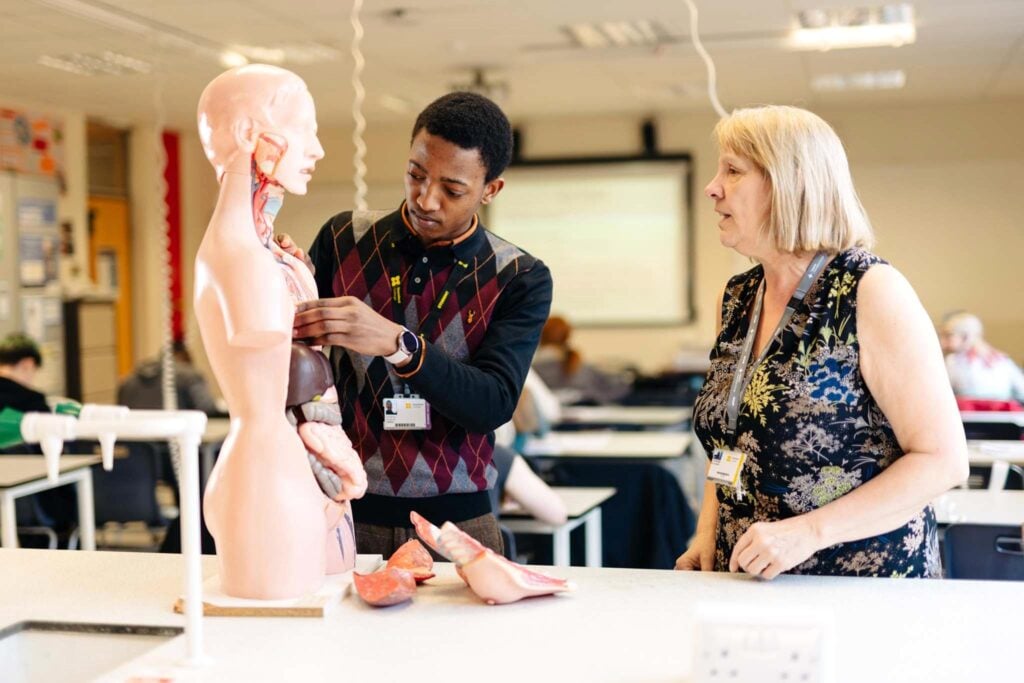This qualification is equivalent to an A Level and is typically studied alongside two other subjects and compliments subjects such as Law, Psychology, Sociology or Politics. Combined, these courses are the ideal preparation for university, or for careers in policing, probation, youth work, law or the wide criminal justice system.
On successful completion of this course you could progress to study the BSc Criminology at University Centre Peterborough or other universities. Alternatively, this course is a great foundation to apply for other criminal justice based degree or employment within some aspects of the criminal justice system, e.g. the National Probation Service, the Courts and Tribunals Service or the National Offender Management Service.
